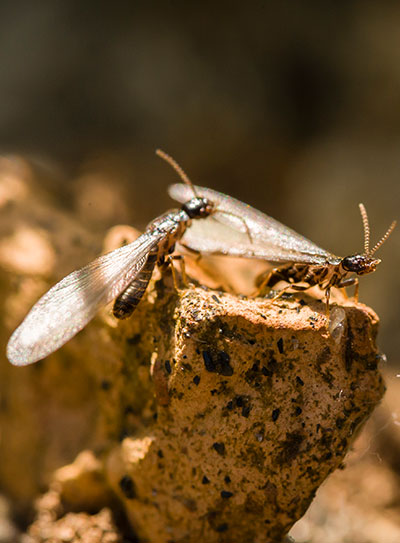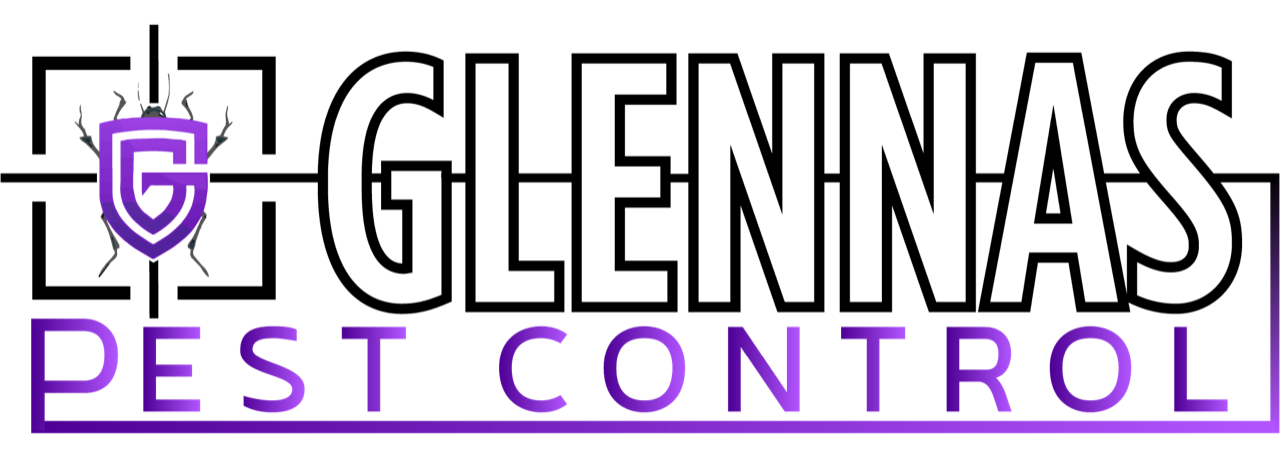Termite
Say goodbye to termites with Glenna’s Pest Control! Our experienced team uses advanced techniques and eco-friendly solutions to protect your property from these wood-devouring pests.
Call for a Free Quote
(318) 742-5447
About this service
Termites can cause a lot of damage to homes, which is why it’s important to take preventative measures to protect your property. Glennas Pest Control offers a comprehensive solution that guarantees a termite-free home for 60 years. Here are some additional benefits of working with us:
- We use the latest technology to detect and eliminate termites, ensuring that your home is protected for the long-term.
- Our team of experts has years of experience in dealing with termite infestations, so you can trust us to get the job done right.
- We offer competitive pricing and flexible scheduling options to make our services accessible to everyone.
- As a family-owned business, we take pride in providing personalized, attentive service to every client.
Termite Inspection WDIR
“Termite Inspection” refers to the process of examining a property or structure for the presence of termites or other wood-destroying insects. Termites can cause significant damage to wooden structures if left untreated.
“WDIR” still stands for “Wood-Destroying Insect Report.” It is a report generated after a termite inspection, detailing the findings of the inspection regarding the presence of wood-destroying insects like termites, as well as any existing damage or conditions conducive to infestations. This report is often required in real estate transactions, especially during property sales, to ensure that the property is free from such pests or to address any issues that may need to be resolved.
The WDIR is typically conducted by a licensed pest control professional who examines the property for signs of termite activity, damage to wood, and conditions that might attract these insects. The findings are then documented in the Wood-Destroying Insect Report, which can impact the decision-making process for property transactions and necessary pest control measures.
The cost of our Wood-Destroying Insect Report (WDIR), which includes a termite inspection, is $87.00.
Tips for Treating Termites:
Ensure that the concrete foundation...
Ensure that the concrete foundation around the exterior of the entire home is visible by keeping dirt 2 to 3 inches below the first brick. Avoid placing dirt or landscaping within 6 inches of the exterior foundation to prevent termites from finding a pathway to your home or office.
Don't allow ivy or plants to grow next...
Don’t allow ivy or plants to grow next to or onto the exterior foundation, as this will inhibit an effective inspection and create a direct path for termites.
Avoid stacking firewood or other...
Avoid stacking firewood or other wood materials within 25 feet of a home unless it is stacked on a metal base, to prevent termites from building a bridge with wood touching the ground near the exterior of your house.
Avoid using mulch for landscaping...
Avoid using mulch for landscaping near the exterior of the home, as this can create an entry way for termites to infest your home. Pine straw and rocks are good alternatives to hardwood mulches. All mulch needs to be 6-12 inches from the foundation.
Inspect the outside of your home...
Inspect the outside of your home for moisture problems. Wooden windows and doors may show signs of moisture within 4-5 years of installation, especially when a house has small eaves that provide little protection from direct rain. Caulk around all windows, particularly wooden windows and doors to prevent moisture.
Keep the surrounding dirt around...
Keep the surrounding dirt around your home moisture-free by ensuring that rain and sprinkler water drain away from the home. Remove or redirect sprinkler systems that wet within 8-12 inches of a structure. Gutters and downspouts should be maintained to prevent leaks and proper drainage.
Maintain the barrier protecting...
Maintain the barrier protecting your home. Avoid pressure washing your home with sodium hypochlorite (bleach), as this can deactivate the termiticide. Digging or re-landscaping within 8 inches of your home can break the chemical barrier, allowing termites an avenue to your home. Every 5 years, a complete ground barrier treatment should be applied to be effective. Termite renewals should be completed when due.

